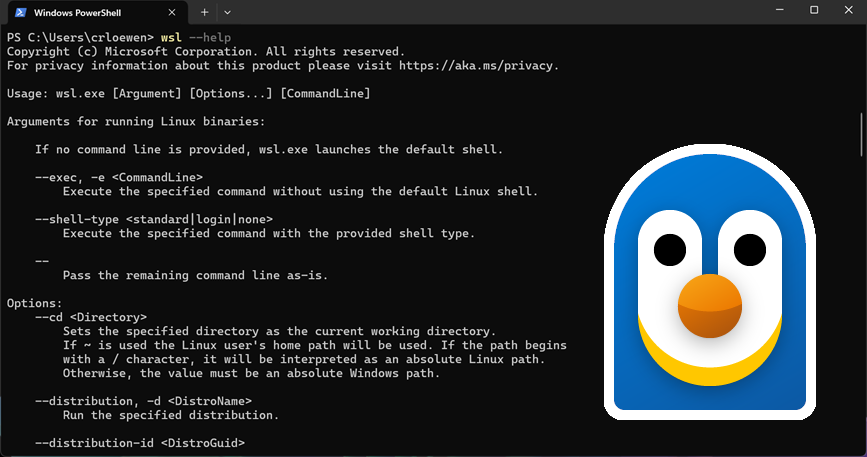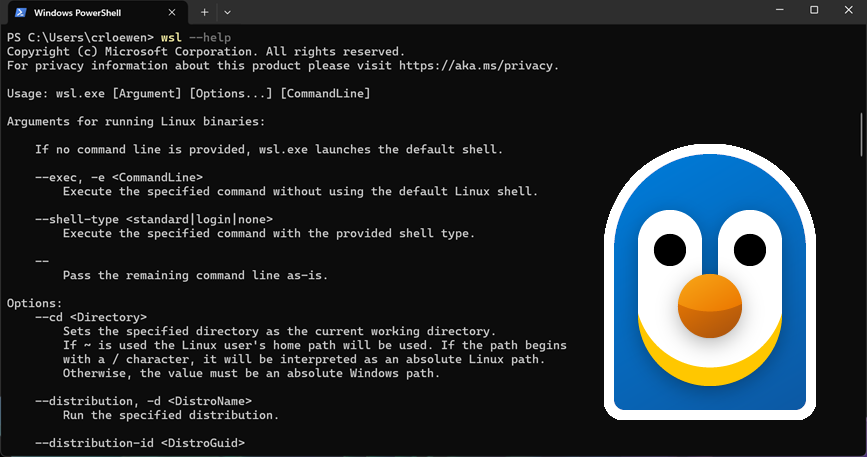The Windows Subsystem for Linux is now open source
The Windows Subsystem for Linux is now open source

blogs.windows.com
The Windows Subsystem for Linux is now open source

The Windows Subsystem for Linux is now open source

The Windows Subsystem for Linux is now open source
